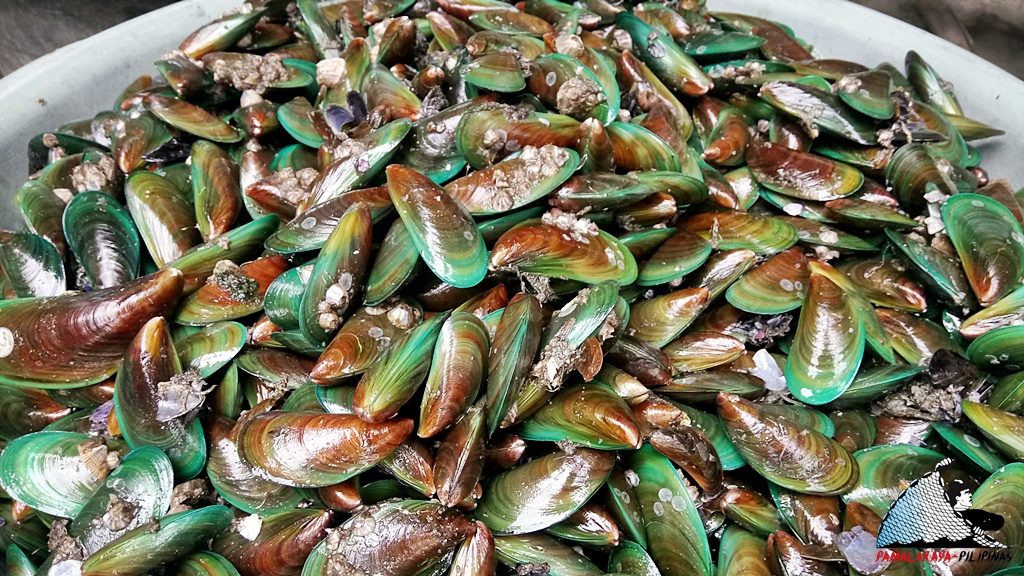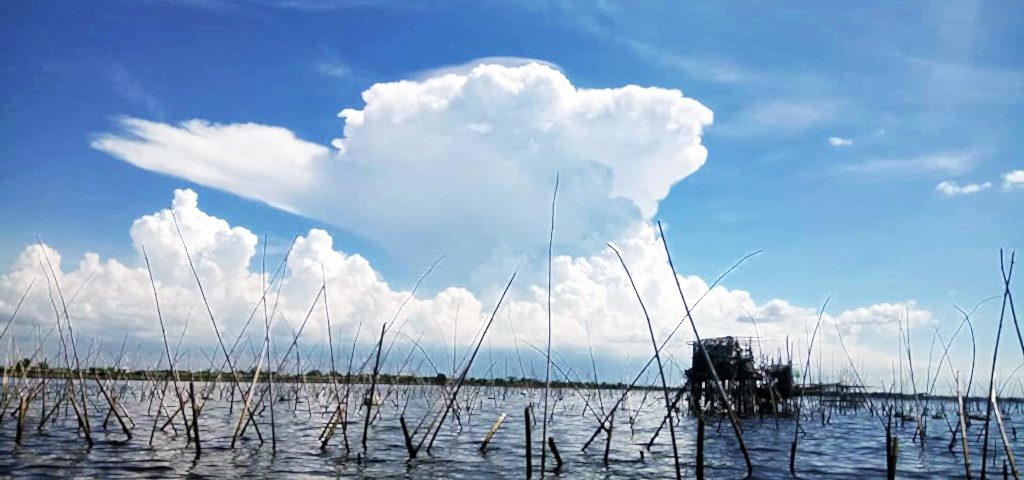Fishkill hits mussel farms in Cavite; fishers demand relief, probe, and accountability

Manila, Philippines – The coastal waters of the province of Cavite was not spared from the massive fishkill that earlier hit the towns of Paranaque and Las Pinas, according to the national fisherfolk group Pambansang Lakas ng Kilusang Mamamalakaya ng Pilipinas (PAMALAKAYA) on Monday.
At least two metric tons of fish — including sapsap, salaysalay, and salinyasi – were recovered dead at Las Pinas and Paranaque last week. Aside from fish, shellfish species were also affected by the fish kill.
PAMALAKAYA’s municipal chapter in Bacoor, the Alyansa ng mga Magdaragat sa Bacoor Bay, reported that coastal towns in Cavite were also affected by the water pollution, as mussels (tahong) and oysters (talaba) have been recovered dead from the mussel farms located in Bacoor City.
“Sa taya namin, sa kada ektaryang tahungan sa Bacoor, ¼ na lamang, o posibleng wala pa, ang pwedeng maharvest dahil naglalaglagan na sa kawayan ang mga nakakapit na tahong maging mga talaba na nahaluan ng masamang tubig, na kung tawagin ng mga magdaragat ay ‘alig’,” Myrna Candinato, President of Alyansa ng mga Magdaragat sa Bacoor Bay said in a statement.
“Yung mga normal na tahong, kapag pinukpok sa kawayan, dapat ay titikom yan, pero sa kaso ngayon, kahit ipukpok sa kawayan, hindi tumitikom, naglalaway lang. Ibig sabihin ay patay na,” Candinato further explained.
PAMALAKAYA earlier questioned the effectivity of Duterte government’s ongoing rehabilitation drive in Manila Bay when ecological disturbance such as fish kill has been happening. The group said a task force was even created to fast track the rehabilitation and restoration of Manila Bay. The Manila Bay Task Force is led by the Department of Environment and Natural Resources (DENR).
PAMALAKAYA and scientist group AGHAM called for review and the transparency of the ongoing rehabilitation efforts of the national government in a form of feedback and report back mechanisms.
“It’s not enough that BFAR and DENR would only explain scientifically the causes of the fishkill. We are already aware of that and we believe that this is not a natural phenomenon. What we want to hear from them is who was the responsible, what are the measures, and what concrete actions can the affected fisherfolks expect from the government to continue their wheels of production,”
“We demand the Manila Bay Task Force to report the status and how effective is the clean-up drive to the degrading ecosystem of Manila Bay. Because it seems that the result of this concerted clean-up effort, with the use of taxpayers’ money, is regressive, instead of progressive. This leads us to the conclusion that the Manila Bay rehabilitation program, dubbed as ‘Battle for Manila Bay’, is a mockery,” PAMALAKAYA and AGHAM said in a joint statement.
Lastly, PAMALAKAYA reiterated its demand to the Bureau of Fisheries and Aquatic Resources (BFAR) and local government units to support the livelihood of the affected fisherfolks in the form of economic aid and relief. ###
